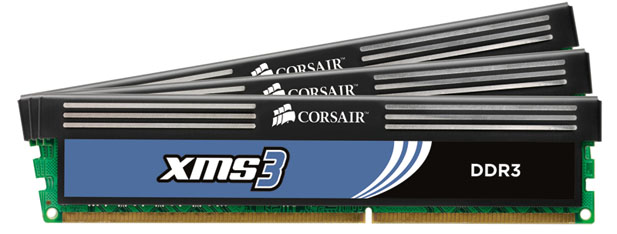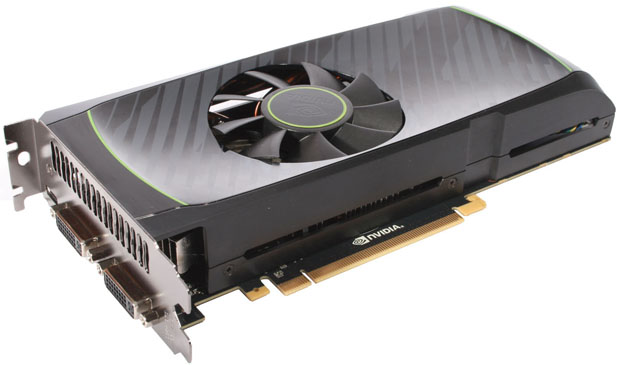
The Domino Effect
Of course, there's also another dividing issue here, which is the diversity of a company's portfolio. If you're an OEM manufacturer that makes a wide variety of products, or a retailer with a large range of stock, then an issue such as this is going to have a much smaller impact on you than a specialist cutting-edge system builder.
'The issue is not affecting us massively,' another laptop manufacturer told us. 'It's a very new product in terms of notebooks using the Sandy Bridge platform, because it's such a new product it's not mainstream - you're not looking at thousands of units on the high-street that are being sold.'
Similarly, a spokesperson from another OEM partner said the issue hadn't had a big impact. 'We make such a huge range of products overall,' they said, 'so P67 represented just a fraction of our overall business.' Meanwhile, one large-scale retailer explained that 'it's not affected our financials, other than sales. So cash flow, no. At the end of the day, it's an insignificant part of our overall sales.'

Corsair claims that the issue hasn't affected its sales, and says that it admires Intel's handling of the situation
Interestingly, the general consensus among everyone we spoke to was that they were mightily glad that they'd found about this issue now, rather than a few months down the line. 'You know it would be a different story if Intel came to us a year later and told us there's a problem,' said a spokesperson from one motherboard maker, 'because by that time there would be hundreds of thousands of motherboards out there. This would be a problem, but they told us earlier than that, and we only sold a few motherboards, so it's easy for us to handle it, and it's not presenting us with any serious problems.'
However, it's also worth noting that we're not just talking about motherboard sales here; the issue has the potential to affect all PC component sales. 'I've always been a big advocate of using certain products to stimulate the sales of other products, so basically CPU, GPU and any change in operating system are primary drivers,' explained a spokesperson from one retailer.
'So any time there's a change in one of these technologies, say for example with Sandy Bridge, a new chip comes out that's great for overclocking, so you're going to be prompted to buy more memory, you'll be prompted to buy a new motherboard. Along with that, there may well be a power supply, there may well be a case, so whenever there's an inflection in technology, what tends to happen is that the basket sales will increase massively.'
Again, this affects some companies more than others. A spokesperson from Corsair told us that 'while it's possible that some people may have held off buying new systems, or upgrading, we've not observed a negative impact as a result of the recall. In fact, we believe that Intel has handled the problem admirably.'
On the other hand, one system builder we spoke to said that one of their graphics card partners had expressed a great deal of concern about the situation. According to our source, the main problem was that it had particularly affected sales of new GPUs such as Nvidia's GeForce GTX Ti 560 1GB cards, which many system builders were hoping to partner (and demonstrate) with new Sandy Bridge systems.

Some graphics card manufacturers are reportedly losing sales of new cards, such as those based on the new GeForce GTX Ti 560 1GB, as people were waiting to upgrade to Sandy Bridge at the same time
There appears to be a mixed bag of feelings in this area, though. A spokesperson for one graphics card manufacturer told us that its cards were still 'selling well,' despite the chipset issue. 'On the graphics side I don't think it's an issue whatsoever, because you can use a new graphics card on an Intel motherboard or an AMD motherboard – the graphics card is almost like a separate entity - it's platform-independent. Those products are still going strong, and people are still buying them.'
In fact, one person in the industry secretly told us that 'some people in the channel are actually quite happy to have this problem, because they had all this stock of X58 motherboards, and as soon as P67 was announced it made X58 out of date. If they didn't get rid of their stock they can now go back to business as usual. So there are positives and negatives – on balance it's all right, because X58 is still going strong.'

MSI MPG Velox 100R Chassis Review
October 14 2021 | 15:04








Want to comment? Please log in.